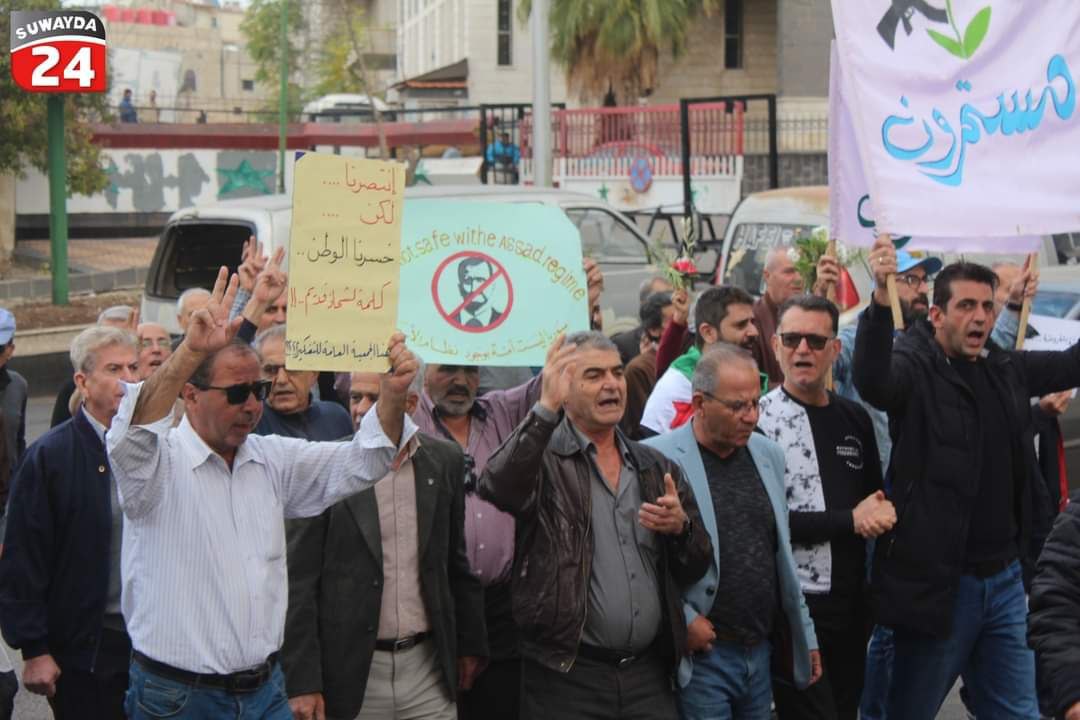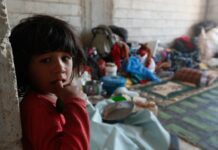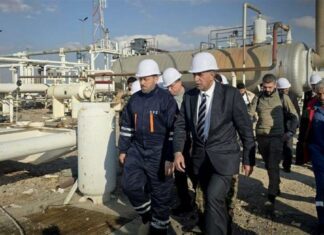
The Assad regime has launched a renewed campaign to suppress the growing Suwayda Movement, an anti-Assad movement advocating for peaceful political transition, the end of foreign occupations, and the upholding of the Syrian people’s demands dating back to the beginnings of the 2011 Syrian Revolution. Tactics have included judicial intimidation, threats against supporters, and even attempted assassinations, in a bid to stifle the persistent opposition emerging from the predominantly Druze region of Suwayda.
The Free Jabal al-Arab Gathering, a faction that has actively participated in Suwayda’s protests, reported that its leader, Sheikh Suleiman Abdul Baqi, survived an assassination attempt on Monday. Unidentified assailants opened fire on Abdul Baqi and his companion outside Suwayda National Hospital, injuring them both. Local sources described the attack as part of a strategy by Assad’s forces to target influential figures within the movement and deter the ongoing peaceful protests.
In an effort to cripple the movement, the Assad regime’s Public Prosecution recently issued arrest warrants for 109 individuals from Suwayda. Charges against these individuals include “sabotaging public funds and state equipment,” accusations widely viewed as fabricated to discredit the movement’s participants and leaders. The warrants, as revealed by human rights lawyer Muhannad Baraka, appear to selectively target peaceful activists, while also including a small number of individuals accused of criminal activity – a tactic seen as an attempt to legitimize the crackdown.
Baraka noted that local police stations have compiled lists of known government opponents, a method previously used against activists in the 2020 protests. “Each police station in its area collected the names of opponents of the government it knew,” he said, explaining that the move allowed authorities to justify arresting peaceful protesters by mixing their names with those accused of criminal offenses.
Alongside legal intimidation, the regime has taken measures to prevent supporters from reaching weekly protests in Suwayda’s Al-Karamah Square. The Ministry of Finance recently ordered the seizure of assets belonging to activists in the town of Al-Qarya. At the same time, intelligence agencies have begun threatening bus drivers who transport protesters to rallies.
In several instances, drivers who previously transported protesters were summoned by security services or deprived of fuel allocations, leading many to refuse to transport demonstrators out of fear for their livelihoods. “These pressures have spread to several towns across Suwayda,” reported the Suwayda 24 network. “Local drivers have been forced to choose between their jobs and their support for the movement.”
The Free Jabal al-Arab Gathering publicly accused the regime of exploiting tribal disputes to sow discord and shift focus away from the movement’s demands. “The regime’s attempts to militarize the Suwayda revolution by fostering internal conflict only emphasize its desperation,” the group said in a statement.
Sheikh Suleiman Abdul Baqi, a prominent leader and founder of the Suwayda Movement, has become a frequent target due to his vocal opposition to Assad’s rule and his role in organizing peaceful protests. Abdul Baqi’s group has been instrumental in advocating for anti-regime positions and resisting the influence of foreign forces, particularly Iran, whose presence in Syria has been a point of contention for Suwayda’s residents. This week’s assassination attempt is the second attempt on Abdul Baqi’s life, following a 2021 rocket-propelled grenade (RPG) attack on his home.
The Suwayda Movement began in August 2023 following widespread discontent over rising fuel prices and economic hardships, and quickly evolved into a larger movement calling for freedom, dignity, and adherence to international resolutions concerning Syria. The movement has gained momentum, over the year it has been ongoing, through persistent protests, including high-profile actions like storming the Baath Party’s headquarters and removing symbols of Assad’s rule.
Despite escalating threats and repression, the murder of Jawad Al-Barouki, a protester, the abduction of Raed Al-Matni, a predominant religious leader, and the assassination of former Jabal Brigade leader Merhej al-Jarmani, activists in Suwayda have remained committed to nonviolent resistance.
They demand a political transition that respects Syria’s sovereignty and ends foreign influence from Iran and Russia. Local factions such as the Free Jabal al-Arab Gathering have even taken action against drug trafficking, which many in Suwayda attribute to Iran-backed militias in the region. This anti-drug campaign has further heightened tensions with the Assad regime, which some accuse of complicit involvement in drug trafficking networks.
The Suwayda Movement’s leaders and supporters are calling on the international community to recognize their peaceful struggle for autonomy and human rights. For now, Suwayda’s movement for change endures despite the Assad regime’s aggressive tactics. But with threats mounting against leaders and supporters, activists fear that the regime’s response will only escalate, risking further violence and the destabilization of the region.








